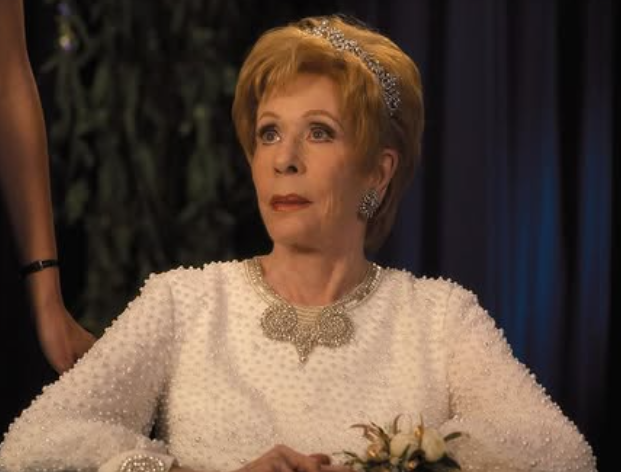Norway is known for its stunning landscapes, fjords, and high quality of life. It is also a country with a rich cultural history and a multitude of religions practiced within its borders. In this article, we will explore the religious landscape of Norway, delving into the different faiths practiced by its inhabitants and the role religion plays in Norwegian society.
Religion in Norway
Historical Overview
Norway has a long history of Christianity, dating back to the early Middle Ages when the country was, like much of Europe, predominantly Catholic. However, in the 16th century, the Protestant Reformation swept through Norway, leading to the establishment of the Lutheran Church as the state religion. The Lutheran Church remained the dominant religion in Norway for centuries and continues to be so to this day.
The State Church
The Church of Norway, also known as the Evangelical Lutheran Church of Norway, is the official state church of Norway. It is a member of the Lutheran World Federation and has approximately 3.8 million members, making it the largest religious denomination in the country. The Church of Norway is funded by the state and has a significant influence on Norwegian society and culture.
Other Christian Denominations
In addition to the Church of Norway, there are a number of other Christian denominations present in Norway. These include the Catholic Church, the Pentecostal Movement, the Methodist Church, and the Baptist Union, among others. While these denominations may not have as many members as the Church of Norway, they play an important role in the religious landscape of the country.
Islam
Islam is the second largest religion in Norway, with an estimated 200,000 to 250,000 adherents, largely due to immigration from Muslim-majority countries in recent decades. The Muslim population in Norway is diverse, with immigrants from countries such as Pakistan, Somalia, Iraq, and Syria, as well as a growing number of Norwegian converts to Islam.
Judaism
Judaism has a small but historic presence in Norway, dating back to the early 19th century when Jews began to settle in the country. Today, there are approximately 1,500 Jews living in Norway, most of whom reside in Oslo. The Jewish community in Norway is active and vibrant, with synagogues, schools, and cultural institutions.
Other Religions
In addition to Christianity, Islam, and Judaism, Norway is home to a variety of other religions and spiritual traditions. These include Buddhism, Hinduism, Sikhism, and various indigenous religions practiced by the Sami people, the indigenous people of northern Norway. While these religions may have smaller numbers of adherents, they contribute to the diverse religious landscape of the country.
Religious Demographics
Church Membership
As mentioned earlier, the Church of Norway is the largest religious denomination in Norway, with approximately 71% of the population being members. However, church membership has been on the decline in recent years, with fewer Norwegians regularly attending church services or identifying as religious. This trend is particularly pronounced among younger generations, many of whom are more secular and less likely to participate in organized religion.
Religious Beliefs and Practices
Despite the decline in church membership, many Norwegians still hold to traditional Christian beliefs and values. According to surveys, a majority of Norwegians believe in a higher power or spiritual force, even if they do not actively practice their faith. Many Norwegians also participate in religious ceremonies such as baptisms, confirmations, and weddings, even if they are not regular churchgoers.
Religious Freedom
Norway is known for its commitment to religious freedom and tolerance. The Norwegian Constitution guarantees freedom of religion to all citizens, allowing them to practice their faith freely and without discrimination. The government also provides funding to religious communities and allows for the establishment of religious schools and institutions.
Religion and Society
Religion in Public Life
While Norway is officially a secular state, religion still plays a significant role in public life. The Church of Norway, as the state church, maintains close ties to the government and is involved in a variety of social and cultural activities. For example, the church provides pastoral care, counseling, and support to individuals and families, as well as participating in community outreach programs.
Religious Holidays
Norway celebrates a number of religious holidays throughout the year, including Christmas, Easter, and Pentecost. These holidays are observed by both religious and secular Norwegians, with many people taking time off work to spend with their families and engage in traditional customs and activities. Christmas, in particular, is a major holiday in Norway, with festive decorations, concerts, and markets held throughout the country.
Religious Diversity
Norway is becoming increasingly diverse in terms of religion, due to immigration and globalization. This diversity has led to greater awareness and acceptance of different faiths and beliefs, as well as the establishment of interfaith dialogue and cooperation. The Norwegian government has also taken steps to promote religious pluralism and multiculturalism, recognizing the importance of religious diversity in a modern, globalized society.
Conclusion
In conclusion, Norway is a country with a rich religious heritage and a diverse religious landscape. While the Church of Norway remains the dominant religion, there are also significant Muslim, Jewish, and other Christian communities present in the country. Religious freedom and tolerance are highly valued in Norwegian society, with the government supporting and protecting the rights of all religious groups. As Norway continues to evolve and change, it will be interesting to see how religion and spirituality shape the country’s future.


